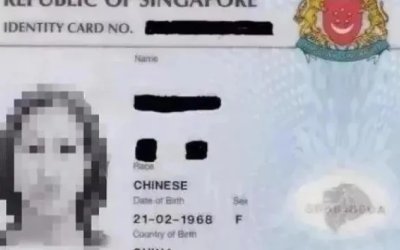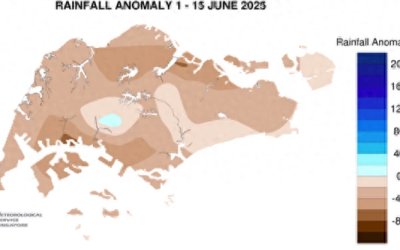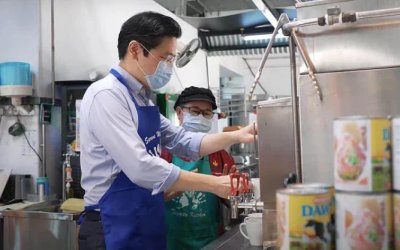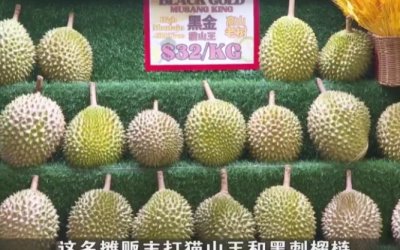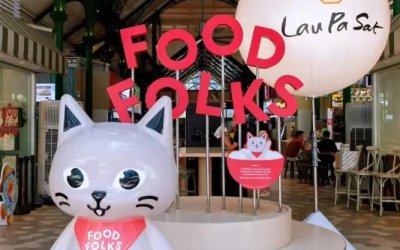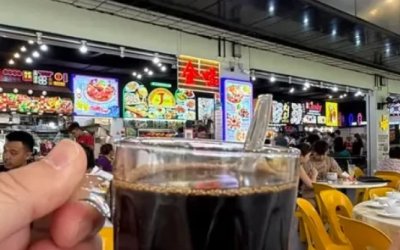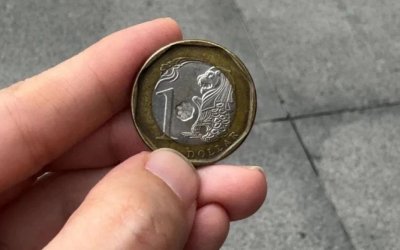Third, we will continue to roll out interventions for our seniors through the Age Well SG programme, which Second Minister Masagos has elaborated.
Fourth, we will continue to fight against overconsumption of sugar and sodium. Our Nutri-Grade labelling of pre-packaged drinks have been useful in changing consumer behaviour. I will regularly and personally inspect the drinks in the Members』 Room. Some of you saw me do it. [Laughter.] I am glad to report they are all graded 「A」 and 「B」, and passed the MOH Ministerial inspection.
There is one drink, however, 「zero sugar salty lychee」. So, I texted my staff to say what do we label this for? For sugar or for sodium? They told me to just drink it.
I also encountered students who are asking for less sugar in their bubble tea, so that it qualifies for Nutri-Grade 「B」. As the Minister for Education, I always tell students, do not be so grade conscious. But in this case, it is good to be grade conscious and go for 「A」 and 「B」.
We have recently extended Nutri-Grade to freshly made beverages. I met the two key coffee shop associations recently and sought their support. The association leaders are fully on board. Together they represent over half of the coffee shops in Singapore, and they intend to start serving 「siu dai」 or less sugar beverages by default. This means when you order a kopi in future, they give you 「siu dai」, even though you do not say it. If you want even less sugar, I recommend just drink 「kosong」.
Sodium is the other culprit that can lead to heart diseases and strokes, if over-consumed. It is found in salt, soya sauce, belachan and other sauces. With much effort from the HPB, over 60% of wholesalers of salt are now supplying lower-sodium salt. About 30% of the catering industry are supporting our 「Less Salt, More Taste」 movement since it was launched late last year. 20% of the food and beverage industry are also doing so.
I recently saw an encouraging programme on Channel 8. There were two lady hosts, they went on a 21-day challenge to take less salt and less soya sauce. At the end of the 21 days, their blood pressure measurements had moderated somewhat, but more importantly, their taste buds had become much more sensitive to salt. They could now taste the ingredients better, they never knew when they taste something, there are undertones of garlic, ginger, spices. They used to just taste soya sauce and belachan, and they prefer to eat less salt now. It took 21 days to change a lifelong habit.
Remember, because we eat every day, the effect of food accumulates through our lifetimes. Over our lifetimes, food can be medicine, food can also be poison. As a wise Traditional Chinese Medicine (TCM) physician once told me, if you eat well, there is no need for medicine; if you do not eat well, medicine is of little use.
新加坡國會丨來源
新加坡國會丨圖源
